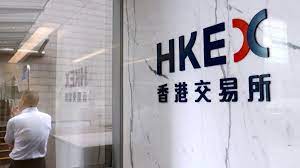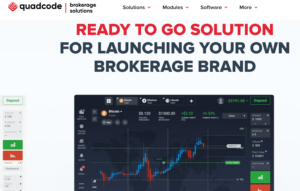ASIC changes pricing regime for its services, including AFS licenses
The AFS licence application has been divided into two levels of complexity: low and high.

The Australian Securities and Investments Commission (ASIC) has earlier today informed the public and market participants of the new pricing model that got into effect on July 4, 2018. The previous fees, the regulator argues, did not reflect their actual cost to ASIC.
Under the fees-for-service model, the fees payable may not match ASIC’s exact costs in all cases. This is particularly likely for fees-for-service activities that can vary widely in their complexity, such as a notice of changes to operating rules. In these cases we found there was considerable variance in the actual business process for the fees-for-service activity. To address this concern, the model adopts a more granular approach to determine the fees payable based on the complexity of the application. This will ensure entities pay the appropriate fee based on the complexity of the transaction for the service we provide and allow ASIC to closely recover the actual cost.
ASIC will tier these fees to reflect the regulatory effort associated with the fees-for-service activities.The regulator has applied tiered fees based on complexity for the following regulatory activities:
- AFS licence applications;
- credit licence applications;
- market licence applications;
- notices of changes to market and CS facility operating rules; and
- Australian CS facility licence applications.
The complexity of an AFS licence application will be determined based on the applicant type and the financial service and product authorisation the applicant is seeking. Market licence applicants will be directed to contact a member of ASIC’s Market Infrastructure team when submitting an application for a preliminary assessment of the complexity of the application.
The AFS licence application has been divided into two levels of complexity: low and high.
To determine the efficient cost of assessing an application for an AFS licence, the weighted average hourly rate for the Licensing team is multiplied by the average time spent processing the application. The level of complexity of the application determines the seniority of the staff working on the application and the average time taken to assess the application. For instance, more experienced and qualified staff will assess a highly complex application, resulting in a higher hourly rate, and the assessment will, on average, take longer to finalise.
Let’s take a look at the costs associated with an Application for an AFS licence (High complexity).
After ASIC receives the respective application, a manager will identify that the applicant has requested high-complexity products and/or services and assign the application. An analyst will initially review the application to determine if the applicant provided the required information (based on the authorisations selected and the responsible managers nominated by the applicant). If the application is incomplete it may be rejected and not accepted for lodgement. If it is not accepted, the analyst typically discusses the deficiencies with the applicant and how to address them, followed by written confirmation. This effort will cost the applicant $977.
A more in-depth analysis costs $4,606.
Next, the analyst assesses whether the applicant is capable of complying with its obligations as a licensee (including the competence of the nominated responsible managers), which are more extensive than for applicants seeking low-complexity authorisations. This costs $977.
If the application is to be refused, the analyst prepares a detailed brief – this costs further $977.
The total is $7,537.
This compares with total expenses of $3,721 for a low-complexity application for an AFS licence.
You can learn more about the new fees by clicking here.









